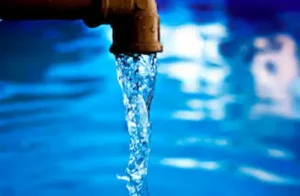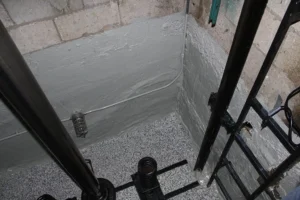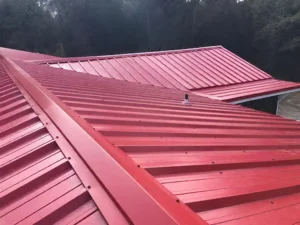During house renovation and maintenance, we must treat wall waterproofing as a critical step. Whether in bathrooms, kitchens, or balconies, walls facing prolonged moisture exposure or direct water flow may develop leaks, mold, or structural damage without proper waterproofing. What materials can we use for waterproofing walls?
The market currently offers three main categories of wall waterproofing materials: waterproof coatings, waterproof membranes, and rigid waterproof materials. Among these, homeowners most frequently choose waterproof coatings for their easy application and strong adaptability. Polymer cement-based waterproof coatings (JS coatings) have become particularly popular. These coatings combine polymer emulsions (like acrylic) with inorganic materials (such as cement and quartz sand), merging organic elasticity with inorganic durability.
JS Waterproof Coating
Workers apply the liquid and powder mixtures to the walls after blending them in the exact proportions. JS coatings, post-curing, become tough and elastic membranes that resist cracking and moisture penetration. These coatings have the added benefits of being environmentally safe, having strong adhesion, and being easy to apply. Thus, they are great for bathrooms and kitchens. Pre-application waterproofing ensures the wall remains smooth, solid, and dry devoid of standing water. Following this, workers apply 2-3 layers, each separated by 4-8 hour intervals, yielding a cumulative thickness of over 1.5mm. Apart from this, specific regulations for waterproofing heights exist for bathrooms.
An additional alternative of high-performance waterproofing are polyurethane waterproof coatings. These coatings are achieved by the reaction of isocyanates and polyethers, producing membranes that can stretch over 300%. This characteristic allows them to elongate and accommodate wall deformations. Furthermore, they are ideal for exterior walls or other temperature-variable regions due to their weather resistance and longevity. These coatings do require skill, though, so expect higher labor and material expenses. Single-component polyurethane coatings are more effective in humid environments, as they cure by absorbing air moisture, while two-component versions necessitate careful blending of the two components to a precise ratio followed by swift application.
Waterborne Polyurethane Waterproof Coatings
For budget-conscious projects or urgent timelines, acrylic waterproof coatings provide an economical solution. These ready-to-use acrylic copolymer emulsions offer strong water resistance and quick drying (surface-dry in 2-3 hours). However, their limited elasticity makes them unsuitable for deformation-prone areas. Workers should first apply a primer for better adhesion, followed by 2-3 even coats without missed spots.
In critical zones like corners and pipe joints, professionals often combine waterproof mortar or sealants with primary coatings. Waterproof mortar (cement mixed with waterproof agents) repairs wall holes or serves as a protective layer, applied in sub-10mm layers totaling ~20mm. Sealants address joints: silicone for weather-resistant elasticity, polyurethane for multi-substrate adhesion, and acrylic for eco-friendliness (though less water-resistant). Selection depends on environmental and substrate conditions.
Beyond materials, proper techniques determine success. Preparations include cleaning walls of dust/grease, repairing defects, and dampening porous surfaces (without pooling). Workers follow the “details-first” principle—reinforcing pipes, drains, and corners before broader surfaces. They maintain uniform brush directions for coatings and ensure wrinkle-free membrane overlaps. Post-application water testing verifies integrity before further decoration.
Wall waterproofing choices directly impact a building’s long-term safety and comfort. By selecting appropriate materials and following standardized methods, homeowners can achieve durable results. Rather than prioritizing cost alone, consumers should evaluate material performance, application requirements, and actual needs—consulting experts when necessary. These same criteria apply to basement waterproofing decisions.
Contact Us
For more information or to inquire about our waterproof floor paint solutions, feel free to get in touch with us. We’re here to help!
- Phone: +86 138 6365 6701
- Email: Huafengwaterproof@gmail.com
- WhatsApp: +86 138 6365 6701
We look forward to assisting you with all your waterproofing needs!






